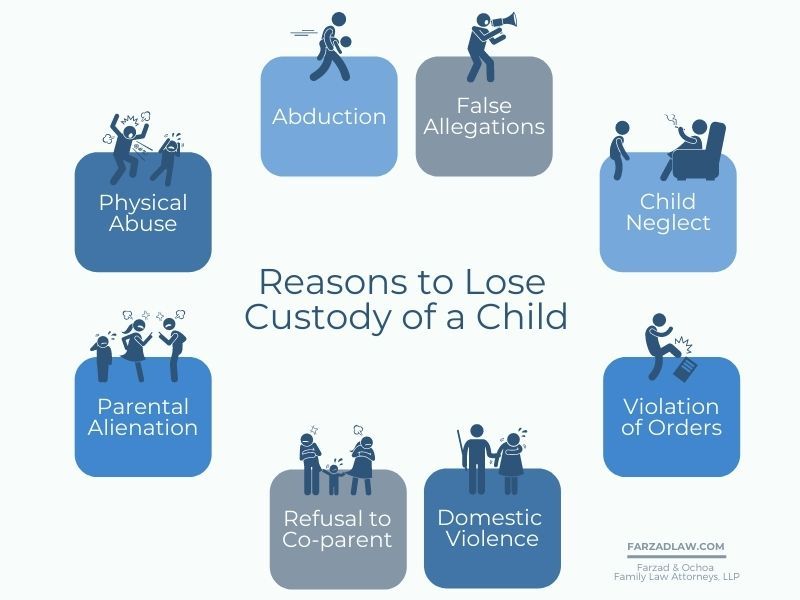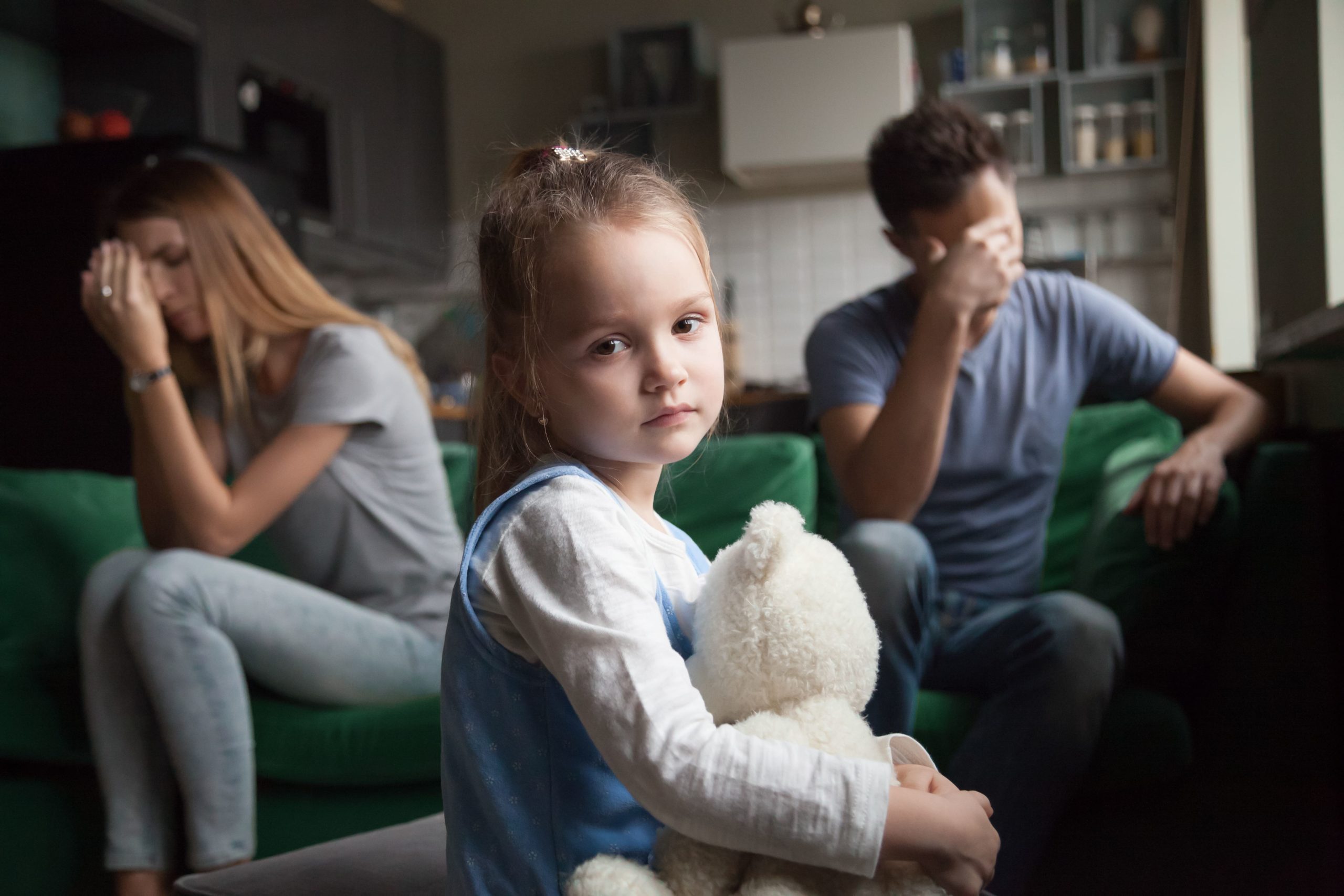Understanding Co-Parenting and Its Importance
Co-parenting refers to the process where two separated or divorced parents work together to raise their children. It involves good communication, compromise, and putting the children’s best interests first. Successful co-parenting is important for a child’s well-being and development.

When parents fail to co-parent effectively after a separation or divorce, it can negatively impact the children. Lack of co-parenting may involve one parent being uninvolved or absent from the children’s lives. It can also involve conflict and hostility between the parents, exposing children to stress and uncertainty.
How Not Co-Parenting Can Lead to Loss of Custody
In extreme cases where one parent completely fails to co-parent, it may prompt legal action resulting in changes to the custody arrangement. There are a few ways not co-parenting can potentially lead to loss of child custody:
Abandonment
If one parent abandons their parenting responsibilities for an extended time without contact or support, the court may transfer full legal and physical custody to the other parent. Abandonment demonstrates unwillingness to co-parent and act in the child’s best interests.
Parental Alienation
Actively interfering with the children’s relationship with the other parent is known as parental alienation. Tactics may include badmouthing the other parent or limiting contact. Parental alienation causes emotional harm to children and shows an inability to co-parent.
Child Endangerment
Any form of child abuse, neglect, or endangerment by one parent may result in loss of custody. This includes substance abuse issues, criminal behavior, or exposing a child to violence. The court’s main concern is ensuring the child’s safety and well-being.
Repeated Failure to Exercise Parenting Time
If one parent chronically fails to exercise court-ordered parenting time with the children, it may prompt legal action to change custody. The court may perceive this parent as unfit or disinterested in co-parenting.
Tips For Improving Co-Parenting
To avoid potential custody issues, here are some tips for separated parents striving to co-parent effectively:
- Communicate respectfully regarding the children’s needs
- Allow the children safe, frequent contact with the other parent
- Compromise when disagreements over parenting decisions occur
- Attend co-parenting classes or counseling if high conflict exists
- Put the best interests of the child first, before your differences
Seeking Legal Help
Custody battles often involve complex legal and ethical issues. An attorney familiar with family law can help parents understand their rights and responsibilities. Mediation may also help improve communication between co-parents.
If one parent’s actions or lack of involvement proves detrimental to the child, legal measures enforcing or restricting custody may become necessary. The court will ultimately make determinations based on the child’s best interests.
Key Takeaways
- Co-parenting is vital for a child’s well-being after separation or divorce
- Not co-parenting may be grounds for modifying custody if a child’s needs are unmet
- Improving communication and compromise is better for families than legal action
- Consult an attorney to understand your rights as a parent if co-parenting fails



